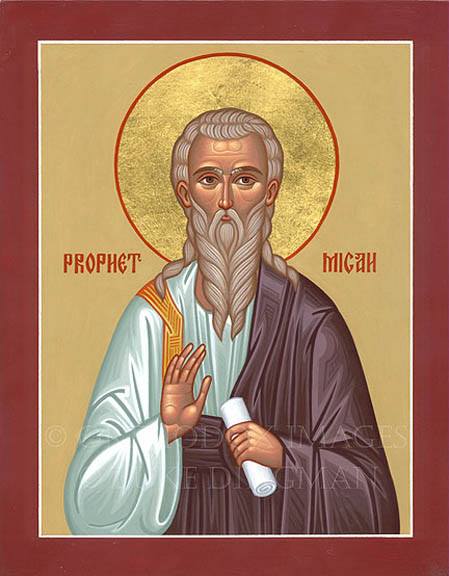 Micah is the final prophet whose memory we celebrate in the Feast of Light. However, in many of his prophecies, he speaks out of darkness. He was an ancient prophet, of whom Jeremiah says: ““Micah of Moresheth used to prophesy in the days of Hezekiah, king of Judah, and he said to all the people of Judah: Thus says the Lord of hosts: Zion shall be plowed as a field, Jerusalem, a heap of ruins, and the temple mount, a forest ridge” (Jeremiah 26:18). Micah laments, in words that could be repeated in our own times: “The faithful have vanished from the earth, no mortal is just! They all lie in wait to shed blood, each one ensnares the other” (7:2). Yet for all that, he most clearly foretells the coming of the Prince of Peace.
Micah is the final prophet whose memory we celebrate in the Feast of Light. However, in many of his prophecies, he speaks out of darkness. He was an ancient prophet, of whom Jeremiah says: ““Micah of Moresheth used to prophesy in the days of Hezekiah, king of Judah, and he said to all the people of Judah: Thus says the Lord of hosts: Zion shall be plowed as a field, Jerusalem, a heap of ruins, and the temple mount, a forest ridge” (Jeremiah 26:18). Micah laments, in words that could be repeated in our own times: “The faithful have vanished from the earth, no mortal is just! They all lie in wait to shed blood, each one ensnares the other” (7:2). Yet for all that, he most clearly foretells the coming of the Prince of Peace.
Jesus is to come from the most humble town in Judah, “But you, Bethlehem-Ephrathaha least among the clans of Judah, From you shall come forth for me one who is to be ruler in Israel; Whose origin is from of old, from ancient times” (5,1), and the Hymn of Light for the Vigil of Theophany informs us, “In Bethlehem you were born in the flesh from a virgin, now you hasten to the Jordan to purify all the sins of those born on the earth, leading those in darkness to the light.” Micah tells us the Lord will come as both judge and man of peace, “He shall judge between many peoples and set terms for strong and distant nations; They shall beat their swords into plowshares, and their spears into pruning hooks; One nation shall not raise the sword against another, nor shall they train for war again” (3,3). He will be our shepherd and the guarantor of peace, “He shall take his place as shepherd by the strength of the Lord, by the majestic name of the Lord, his God; And they shall dwell securely, for now his greatness shall reach to the ends of the earth: he shall be peace” (5:3-4).
Holy Prophet Micah, pray that we, as Christians, can be followers of Jesus and a people of peace.
Meditation by Archpriest David Petras
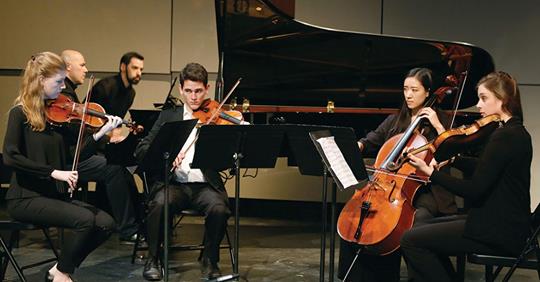 On Saturday, December 1, the University of New Haven hosted a very well-attended concert and public forum commemorating the 85th anniversary of the Holodomor and the fifth anniversary of the Maidan Revolution of Dignity.
On Saturday, December 1, the University of New Haven hosted a very well-attended concert and public forum commemorating the 85th anniversary of the Holodomor and the fifth anniversary of the Maidan Revolution of Dignity.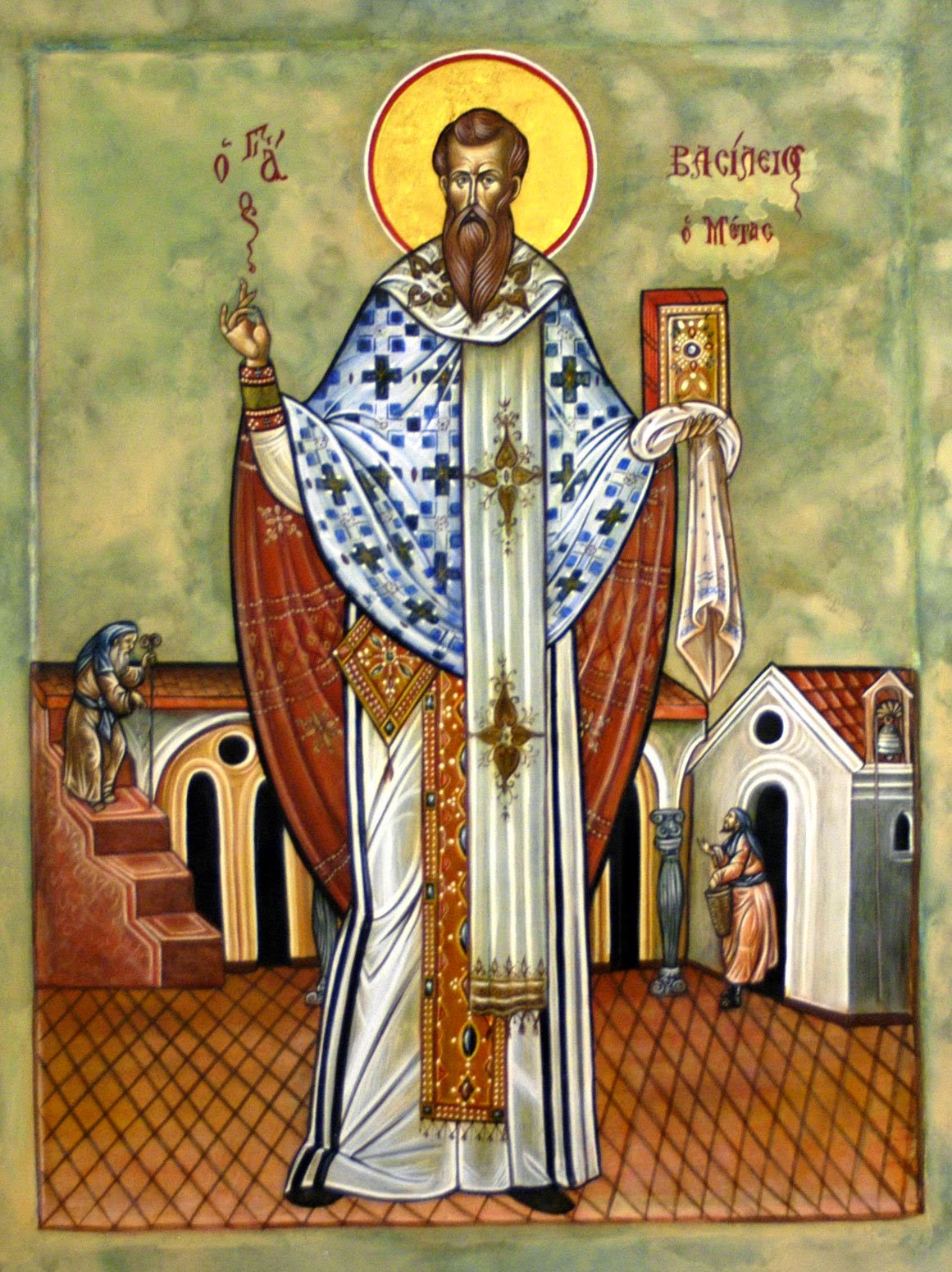 A blessed new year to all of you! Christ is born! Happy 2019!!!
A blessed new year to all of you! Christ is born! Happy 2019!!!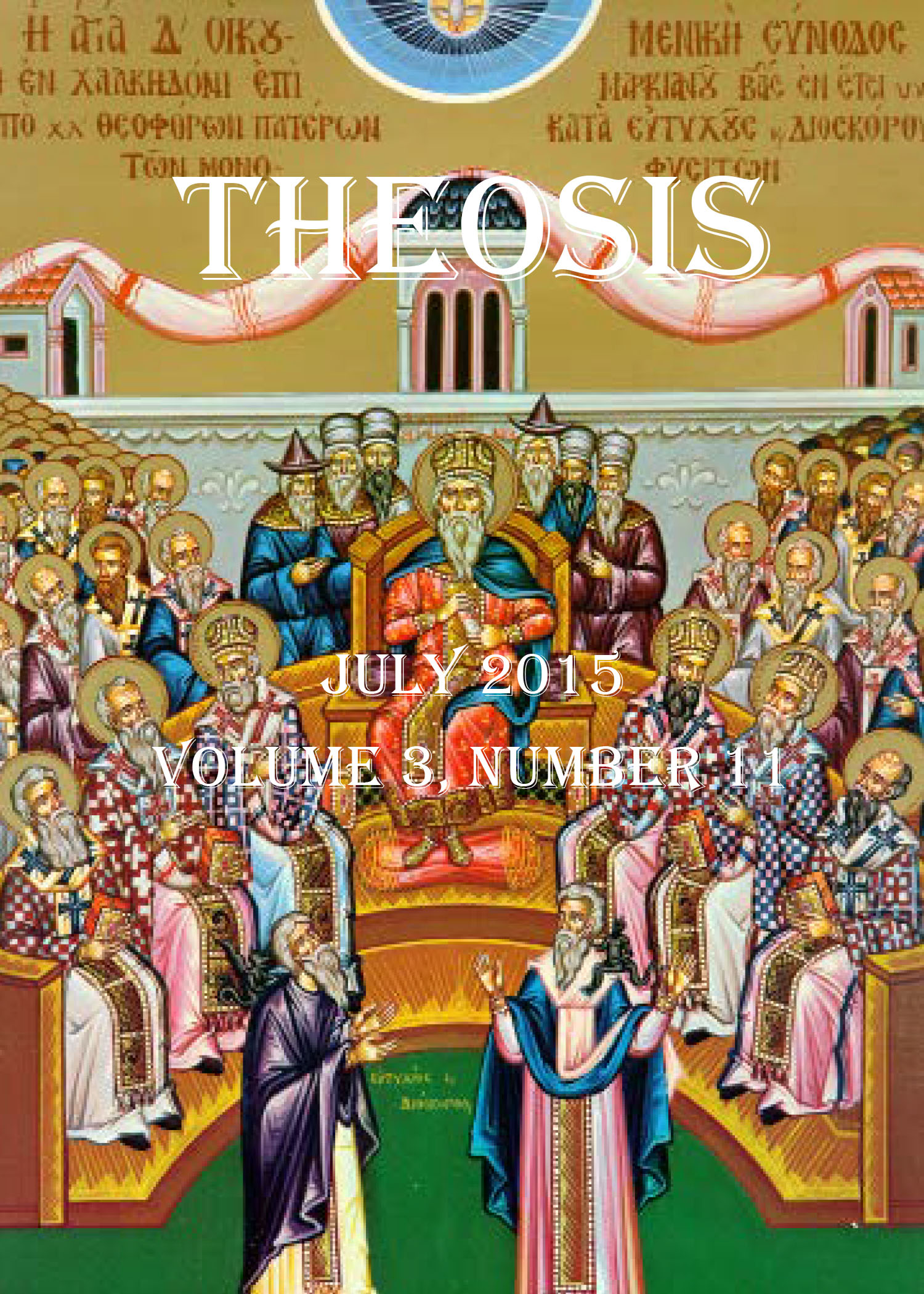
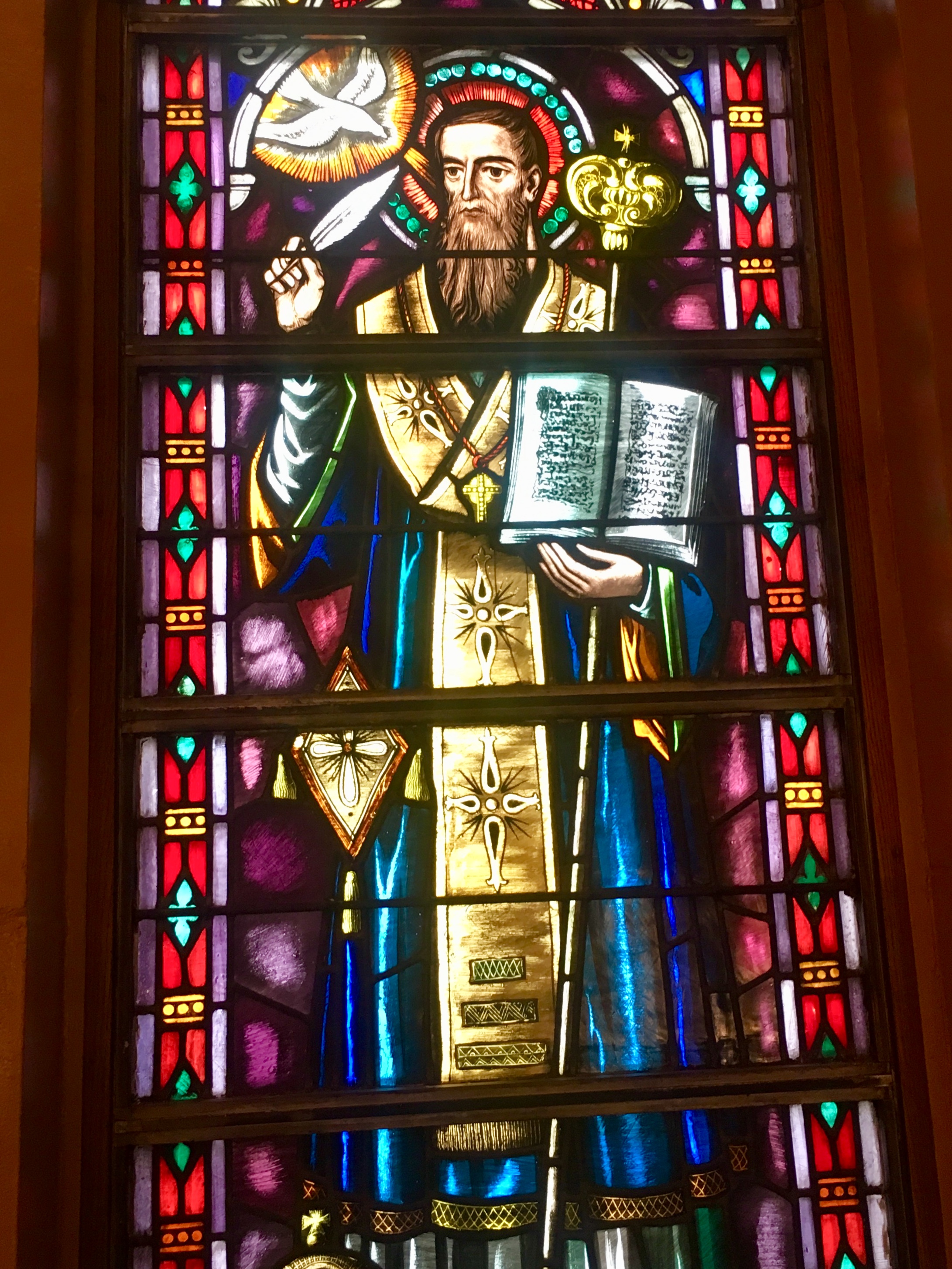 Divine Liturgy on January 1, New Year’s Day. On Tuesday, we liturgically remember that 8 days ago we celebrated Christmas. Today according to Jewish custom, we recall Jesus underwent the Circumcision.
Divine Liturgy on January 1, New Year’s Day. On Tuesday, we liturgically remember that 8 days ago we celebrated Christmas. Today according to Jewish custom, we recall Jesus underwent the Circumcision. On this Sunday, we commemorate three men who had a relationship with Jesus: David, his forefather; Joseph, his foster father; and James, his brother through Joseph. Each of these man were shown mercy by God. David committed a great sin, to win the wife of Uriah, he had Uriah put into the front lines of battle, so that he was killed. The prophet Nathan brought this sin to light and David did repentance and lost his son. Joseph found Mary pregnant and decided to divorce her, but an angel told him to take her as his wife. James was among Jesus’ relatives who did not accept him as a prophet, but after the resurrection, he repented and became the leader of the church at Jerusalem.
On this Sunday, we commemorate three men who had a relationship with Jesus: David, his forefather; Joseph, his foster father; and James, his brother through Joseph. Each of these man were shown mercy by God. David committed a great sin, to win the wife of Uriah, he had Uriah put into the front lines of battle, so that he was killed. The prophet Nathan brought this sin to light and David did repentance and lost his son. Joseph found Mary pregnant and decided to divorce her, but an angel told him to take her as his wife. James was among Jesus’ relatives who did not accept him as a prophet, but after the resurrection, he repented and became the leader of the church at Jerusalem.